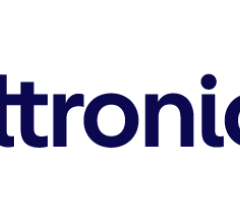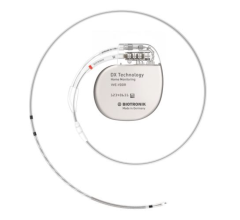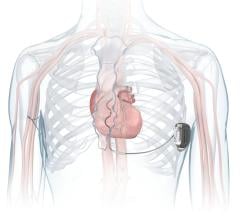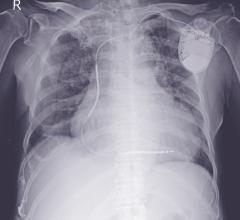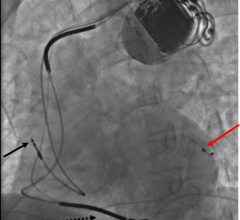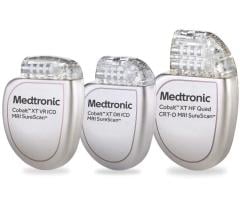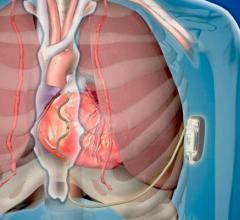August 12, 2010 - Chicago’s Northwestern Memorial Hospital heart rhythm specialists recently gave a 34-year-old man an implantable cardioverter defibrillator (ICD) that did not require X-ray assistance to install the usual lead wires to the heart. The innovative device rests just beneath the surface of the skin and its components are positioned using the patient's own anatomical landmarks, without any heart leads.
"One of the greatest innovations about this new technology is that there are no leads touching the heart," said Bradley Knight, M.D., director of cardiac electrophysiology at Northwestern Memorial Hospital. "That's a huge divergence from conventional defibrillators, where with every contraction of the heart the lead wires can bend. Bending can cause a wire fracture that could potentially send false signals to the defibrillator, causing the delivery of unnecessary shocks."
Knight explained that the electric shockwaves of a defibrillator can stave off or stop sudden cardiac arrest. He added that patients liken the electric impulse to getting kicked in the chest by a horse. When unnecessary shocks are delivered, they not only give patients severe discomfort, they could also trigger life-threatening arrhythmias.
Knight added that in some cases the false signals could also cause the defibrillator not to pace or shock when it's most crucial, frightening news to the 100,000 Americans who are implanted with defibrillators every year. Time is of the essence to these patients, whose abnormal heart rhythms require urgent treatment to prevent sudden death.
"This device's wires sit in the middle of the chest and don't lead directly to the heart, so the chance of the wire's getting fractured or dislodged and not working as they should is reduced," said Knight.
In June, Carlos, diagnosed with cardiomyopathy, became Northwestern Memorial's first subject to be implanted with the Cameron Health S-ICD device. The device implantation takes less than an hour and is far less invasive than implantation of traditional defibrillators.
Knight and his team made an incision on the left side of Carlos' chest, next to his rib cage, and a pocket was formed under the skin for the placement of the pulse generator. Two small incisions were made to the left of the breastbone to place the electrode under the skin, and then the electrode and generator were connected by wires.
"He only needed a few weeks of rest and recovery, and he's already back to work," said Rosario.
Cameron Health representatives visited Carlos' job site to detect any electrical interference to the device from the machines he works with, so that Carlos and his physicians could make adjustments accordingly. Carlos will continue to be monitored by Northwestern Memorial physicians every three months.
"I feel like I've been given an opportunity of life," said Carlos. "Compared to the horror stories I've heard about other models, this device is a big improvement and very comfortable. It is designed to prevent sudden cardiac death and not give me shocks unnecessarily, so that I should be able to have a more normal life."
For more information: www.heart.nmh.org


 January 13, 2026
January 13, 2026 

